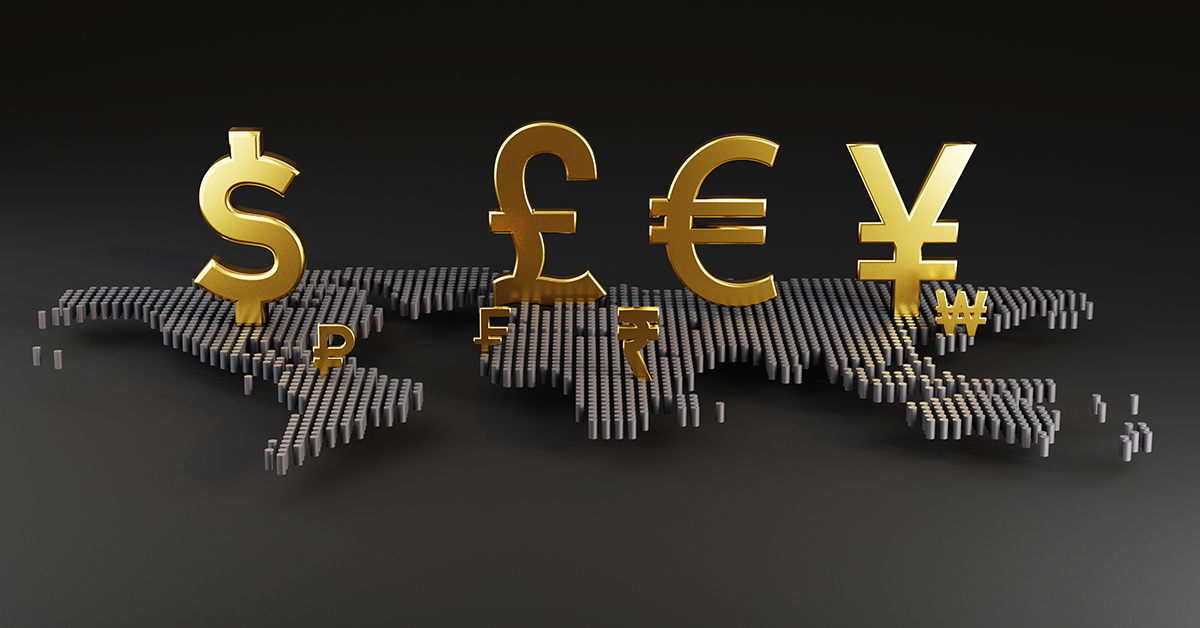Is Forex Trading Halal or Haram Exploring Islamic Perspectives 1662465329

Forex trading is a popular financial activity that attracts countless investors around the world. However, Muslims often find themselves at a crossroads when it comes to participating in this market due to concerns about its compliance with Islamic law. In this article, we will explore the question: is Forex trading halal or haram? To support our insights, we will delve into the fundamental principles of Islamic finance, the nature of Forex trading, and how these factors intertwine. For more detailed information regarding trading practices, you can visit forex trading halal or haram https://trading-terminal.com/.
The Foundations of Islamic Finance
Islamic finance is governed by principles derived from the Quran and Hadith, emphasizing ethics, fairness, and transparency. Two crucial concepts in Islamic finance are riba (interest) and gharar (excessive uncertainty). According to Islamic teachings, gaining profit through interest is prohibited, as is engaging in trades that involve excessive speculation or ambiguity.
Understanding Riba and Gharar
Riba refers to any guaranteed interest or profit on loans or investments. Engaging in practices that yield fixed returns, such as traditional banking, is therefore considered haram. Gharar, on the other hand, involves uncertainty and ambiguity in transactions, which can also render trades non-compliant with Islamic principles. Consequently, for any trading activity to be halal, it must avoid both riba and gharar.
Forex Trading: An Overview
Forex trading involves the exchange of one currency for another in a decentralized market. Traders typically speculate on currency price movements to generate profits. The Forex market operates 24 hours a day and is known for its high liquidity and volatility, making it an attractive option for many investors.
The Mechanics of Forex Trading
In Forex trading, individuals or institutions purchase currency pairs, such as EUR/USD or GBP/JPY. They anticipate whether the value of the first currency in the pair will increase or decrease against the second. Successful traders generate profits when their predictions are correct, but they can also incur losses due to the market’s volatile nature. This speculation poses the question: does Forex trading inherently involve riba or gharar?
The Halal or Haram Dichotomy

To determine whether Forex trading aligns with Islamic finance, one must analyze its core components. Many scholars have differing opinions based on interpretations of Islamic law. Some argue that Forex trading is halal if conducted under specific conditions, while others remain firmly against it.
Arguments for Halal Forex Trading
Proponents of Forex trading which argue that it can be compliant with Islamic principles often point to the following factors:
- Immediate Settlements: In Islamic finance, transactions should be settled immediately. Many Forex brokers provide options for «spot» contracts, where trades are settled on the same day, thus adhering to Islamic principles.
- Absence of Riba: Issues surrounding interest typically arise in leverage systems. However, many brokers allow for trading without interest accounts, enabling traders to participate without violating riba rules.
- Risk Management: Responsible trading practices, such as using stop-loss orders and position sizing, can mitigate excessive risk and uncertainty, aligning with the Islamic preference for fairness in business.
Arguments Against Forex Trading
Conversely, critics of Forex trading often raise concerns about:
- Speculative Nature: Many scholars argue that Forex trading is inherently speculative, which could lead to gambling-like behavior, making it haram.
- Potential for Gharar: The volatile nature of currency values introduces heightened uncertainty, which could cross the line into gharar.
- Leverage Practices: Even though interest-free accounts are available, the use of leverage in Forex trading can result in significant risks that may contradict Islamic values.
Conclusion: Making an Informed Decision
The debate around whether Forex trading is halal or haram continues among scholars and practitioners of Islamic finance. Ultimately, the decision lies with the individual trader, who must weigh the principles of their faith against the practices in the Forex market. While some traders may find ways to engage in Forex trading that align with their beliefs, others may choose to avoid this market altogether.
Before diving into Forex trading, it is advisable for Muslims to seek guidance from knowledgeable scholars and consider their personal risk tolerance. As this market continues to evolve, staying informed about its implications and regulatory developments will be crucial to ensure compliance with Islamic values.
In sum, Forex trading presents both opportunities and challenges for Muslim traders, and it’s essential to approach it with a balanced understanding and deep commitment to ethical financial principles.
Свежие комментарии